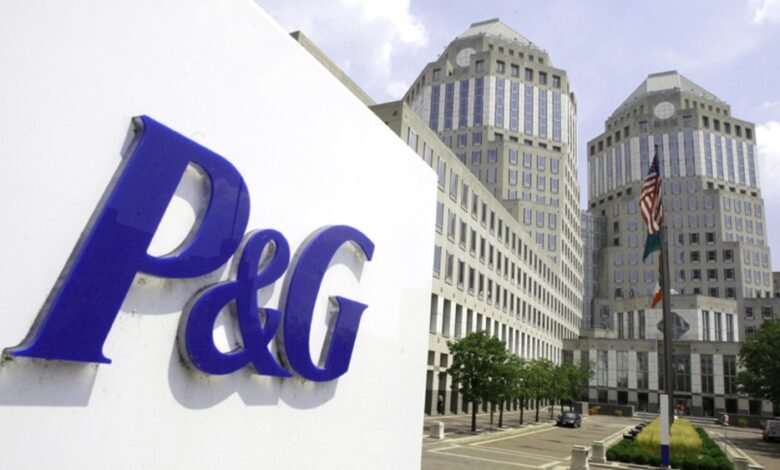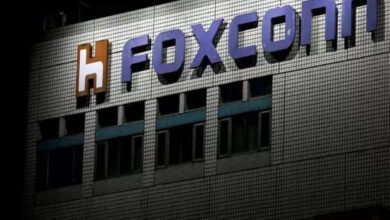
Procter & Gamble is pulling the plug on its direct operations in Pakistan. After more than three decades in the country, the consumer goods giant is shutting down its manufacturing plants and winding up its commercial presence, including Gillette Pakistan.
But this isn’t a complete exit. P&G plans to keep its products on Pakistani shelves through third-party distributors instead of running things itself. Think of it as going from owning the store to just supplying it.
The company says this shift fits into a broader plan to streamline operations and boost growth globally. The transition won’t happen overnight. P&G expects the process to take several months, and business will continue as usual in the meantime.
What happens to the workforce?
P&G says employees are the top priority during this transition. Workers whose jobs are affected will either get chances to move to P&G operations in other countries or receive severance packages that meet local legal requirements and company standards.
This move comes after P&G announced back in June that it would slash up to 7,000 positions worldwide over two years. The company blamed trade tariffs and slowing consumer demand for the cuts.
The numbers tell a tough story
Gillette Pakistan’s financial performance has taken a beating. Revenue dropped by nearly half in the fiscal year that ended in June 2025. Just two years earlier, the company had hit a peak of Rs. 3 billion in sales.
Gillette Pakistan has told the Pakistan Stock Exchange that it will hold a board meeting soon to figure out next steps. The company might even delist from the exchange, though any moves will follow proper legal procedures.
Part of a bigger pattern
P&G isn’t alone. It’s joining a growing list of multinationals scaling back their Pakistani operations. Shell, Pfizer, TotalEnergies, and Telenor have all either sold stakes or reduced their footprint in recent years.
P&G arrived in Pakistan in 1991 and built a strong presence with brands that became part of everyday life: Pampers, Safeguard, Ariel, Head & Shoulders, Pantene. The company grew through acquisitions, picking up a soap plant in 1994 and a detergent factory in 2010. Last year, it sold off its soap manufacturing facility to Nimir Industrial Chemical.
In a statement, P&G thanked everyone who helped build its business in Pakistan over the years, saying the support “helped us take P&G in Pakistan as far as we could.”
Going forward, Pakistani consumers will still find P&G products in stores. The difference is those products will come through regional supply chains and local distributors rather than from P&G’s own factories and sales teams in the country.











